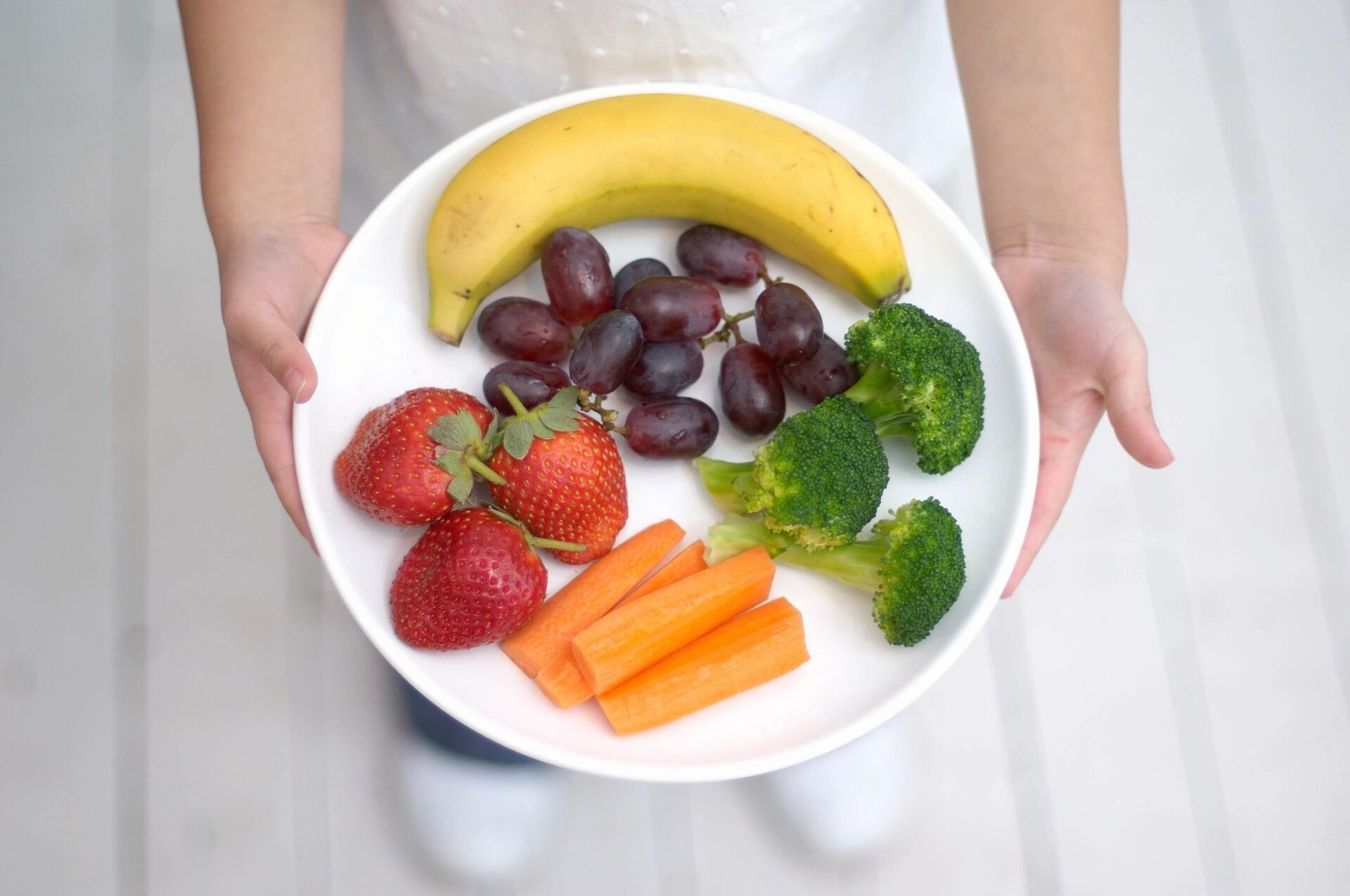Unhealthy foods like chips, hot dogs, pizza, and ice cream are easy to spot as indulgent treats, but the real trickery lies in foods disguised as “healthy.” For decades, the food industry has relied on clever marketing to push products that sound nutritious but are anything but. Buzzwords like “natural,” “organic,” and “sugar-free” often mask the truth about what’s inside. It’s a classic case of consumer manipulation, leaving many unsuspecting eaters reaching for foods that sabotage their health goals under the guise of wellness.
Take fruit juice, for instance. It’s long been promoted as a wholesome beverage, yet it’s packed with sugar and calories on par with sugary sodas. Drinking an 8-ounce glass of orange juice means downing the sugar content of four medium oranges in seconds—something few would manage by eating whole oranges. Whole fruits offer fiber and slow digestion, making them a far healthier option. Canned fruits present similar problems, often packed in syrups that add unnecessary sugar. While options like fruit canned in water or juice are better, fresh or frozen organic fruit remains the gold standard for nutrition.
Breakfast is another area where seemingly innocent choices can go awry. Pancakes, a breakfast staple, are often made with mixes containing inflammatory hydrogenated oils and trans fats. Pair those pancakes with syrup loaded with high-fructose corn syrup, and you’ve got a recipe for metabolic issues. While coffee has its health benefits, sugary coffee drinks like pumpkin spice lattes often contain 50 grams of sugar or more. High-fructose corn syrup in these drinks can harm the liver and contribute to non-alcoholic fatty liver disease. A better option? Brew your coffee at home and add unsweetened milk or plant-based alternatives.
The debate between full-fat and low-fat dairy is another example of misleading health trends. Research suggests that full-fat dairy might be the better choice, as it helps people feel fuller longer and avoids the added sugars often found in low-fat versions. Studies even show that those who consume full-fat dairy are less likely to be overweight. Flavored yogurts are another trap, as even “all-natural” varieties often hide significant amounts of sugar. Plain yogurt, on the other hand, offers probiotics, protein, and essential vitamins without the unnecessary additives.
In the quest for healthier eating, it’s clear that food labels and marketing claims can’t always be trusted. Opting for minimally processed, whole foods is often the safest route. By focusing on fresh produce, avoiding added sugars, and preparing meals at home, individuals can cut through the noise and make choices that genuinely benefit their health. The lesson? Don’t be fooled by the health halo—read labels, question claims, and prioritize real, nutrient-dense foods.

